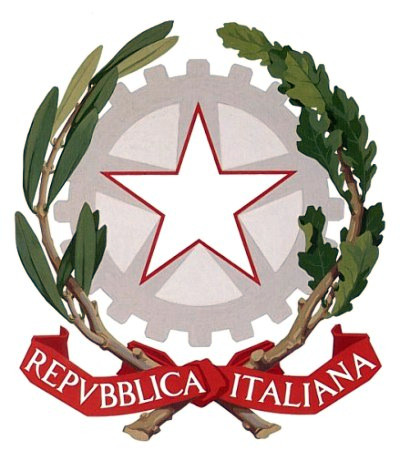Incontro pubblico sulle prospettive della ratifica da parte del Parlamento italiano del Protocollo opzionale alla Convenzione delle Nazioni Unite contro la tortura (OPCAT) e la sua attuazione, Università di Padova, 26 marzo 2010
-
Data evento: 26 marzo 2010
-
Luogo: Università di Padova, Palazzo del Bo, Archivio Antico

Opening of the meeting
Marco Mascia
Director, Interdepartmental Centre on Human Rights and the Rights of Peoples, University of Padua
Markus Jaeger
Head of Legislative Support and National Human Rights Structures Division, Directorate General of Human Rights and Legal Affairs, Council of Europe
Session 1: the OPCAT and its implementation
Chair by Antonio Papisca, UNESCO Chair Human Rights, democracy and peace, University of Padua
The OPCAT and the concept of preventive monitoring
by Victor Manuel Rodriguez Rescia, Chairperson of the UN Sub-Committee on the Prevention of Torture – SPT
National Preventing Monitoring (NPM): options and trends in Europe
by Tanya Norton, Detention Monitoring Adviser, Association for the Prevention of Torture
Establishment of NPM: a first-hand experience
by Mari Amos, Contact Person of the NPM of Estonia
Creation of independent visiting bodies: the CPT perspective
by Mauro Palma, President of the European Committee for the Prevention of Torture – CPT
Session 2: the prevention of torture in Italy
Chair by Tana De Zulueta, NGO Article 21, Former National MP
The prevention of torture and existence of monitoring mechanisms in Italy
by Anton Giulio Lana, Human Rights Lawyer, Lawyers Association for the Protection of Human Rights
Possible NPM options in Italy, including the prospects of a NHRI
by Carola Carazzone, Speaker, Italian Committee for the Promotion and Protection of Human Rights (Italian grouping of Human Rights NGOs)
by Samuele Animali, Coordinator of Italian Regional Ombudsmen
The prospects for OPCAT ratification in Italy
by Fabio Gava, Member of the Italian Parliament
by Pietro Marcenaro, President of the Commission for the Protection and the Promotion of Human Rights, Senate of the Italian Republic
Interventions by Panellists and discussion
Contributions from
Daniela Carboni, Amnesty International
Paolo De Stefani, Interdepartmental Centre on Human Rights and the Rights of Peoples, University of Padua
Marija Definis-Gojanović, Member of the SPT
Conclusions
A possible road map to prepare the future implementation of the OPCAT in Italy
by Stefano Valenti, Interdepartmental Centre on Human Rights and the Rights of Peoples, University of Padua

